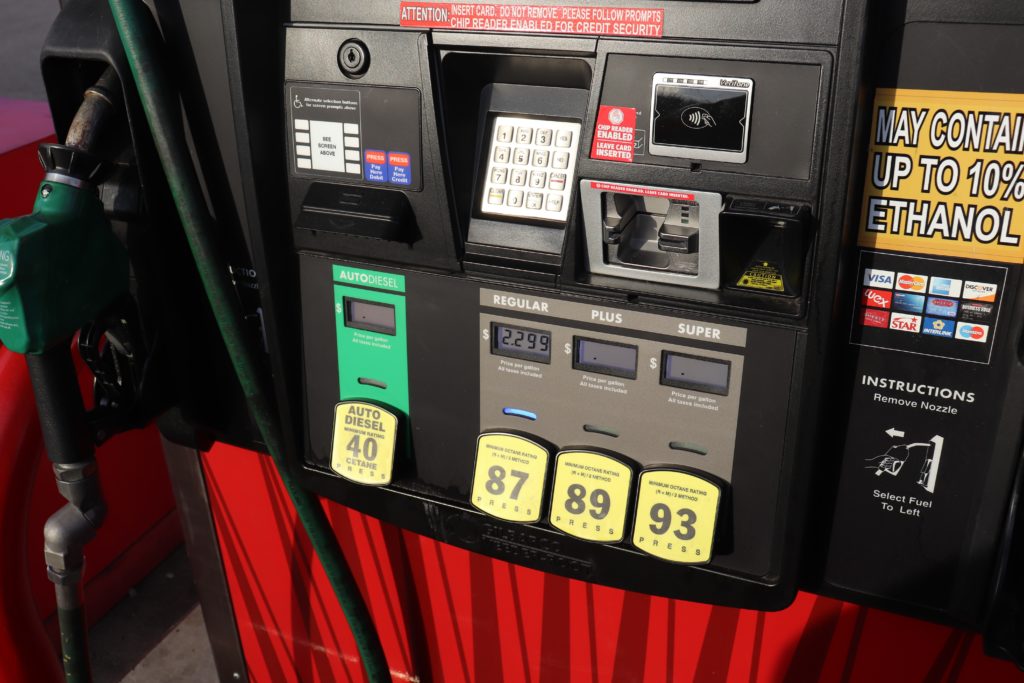With Gas Prices Down, Could Gas Taxes Be Going Up?

Rich or poor, young or old, no one likes high gas prices – with the possible exception of oil and gas companies. In any case, the recent drop in gas prices around the country has no doubt brought some relief to just about everyone in America, including big corporations that own large fleets of vehicles.
However, just when everyone was starting to get excited by the continuing decline in the prices at the pump, some lawmakers think that now might be the perfect time to add a little more tax to price of gas. The federal gas tax currently sits at 18.4 cents a gallon and it hasn’t increased since 1993. In addition to the federal gas tax, most states also charge additional gas taxes, with the average rate per state being 23.5 cents a gallon.
Despite the fact motorists hate any type of increase in gas prices, lawmakers have seen the real value of the gas tax diminish thanks to inflation since 1993. In fact, the gas tax only generates about two-thirds the amount of real dollars it did 21 years ago. Because the real buying power of that gas tax revenue has declined that means there is now less money to repair bridges and roads.
Because America’s roads, both locally and nationally, are reportedly in such bad condition and the federal Highway Trust Fund is essentially broke, lawmakers are seriously considering raising gas prices.
However, that being said, the conversation about raising gas taxes has yet to reach the forefront of hot topics in Washington, as the government still has many other issues to settle that are more pressing.
Meantime, if you need help saving a little more on your next return or planning for this coming year’s taxes, then contact GROCO today by clicking here.
Is Accounting Boring?
Is Accounting Boring? By William Brighenti I’ve noticed on Twitter a bunch of tweets from younger people complaining that accounting is boring. This may very well be true for those who are not accountants. Non-accountants include those individuals who once loved accounting until they took intermediate accounting in college and then switched their major to…
Business Plan
Business Plan A business plan precisely defines your business, identifies your goals, and serves as your firm’s resume. The basic components include a current and pro forma balance sheet, an income statement, and a cash flow analysis. It helps you allocate resources properly, handle unforeseen complications, and make good business decisions. Because it provides specific…
Choosing a Legal Form for Your Business
Choosing a Legal Form for Your Business In starting a small business, one of the first questions you should ask is what form of legal entity you should use or “How should I organize my business?” Also, as your business grows and changes, you should from time to time ask yourself whether the entity you…
Drafting a Partnership Agreement
Drafting a Partnership Agreement If you decide to organize your business as a partnership, be sure you draft a partnership agreement that details how business decisions are made, how disputes are resolved, and how to handle a buyout. You’ll be glad you have this agreement if for some reason you run into difficulties with one…




